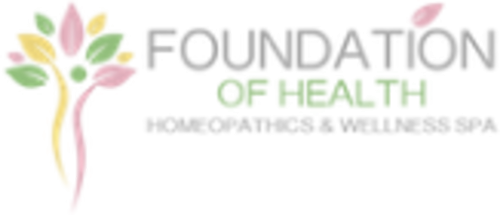Homeopathic Medicines: A Need to Develop Unique Innovative Regulatory Frameworks, Involving Drug, Food and Natural Health Product Interactions.
J Pharm Pharmaceut Sci (www.cspscanada.org) 9(2):198, 2006
February 9, 2006
- 1) Philosophy, principles and practice of homeopathy and the impact of current risk management protocol.
- 2) Diversity of homeopathic medicines: the potential misinterpretation of adverse reactions.
- 3) Integrating data and information through clinical and research experience of practitioners.
- 4) Consumer protection and education: pro-active involvement of stakeholders and Health Canada
Co Authors: Leelamma Nielsen 1, Vijay Nielsen 3, Kerissa Illchuk 3, Ron Harris 2
Purpose: The purpose of this abstract is to present the unique properties of homeopathic medicines, in relations to drug, food and natural health product interactions and risk management protocol.
Methods: This abstract is organized into four distinct sections: 1) Philosophy, principles and practice of homeopathy and the impact of current risk management protocol. 2) Diversity of homeopathic medicines: the potential misinterpretation of adverse reactions. 3) Integrating data and information through clinical and research experience of practitioners. 4) Consumer protection and education: pro-active involvement of stakeholders and Health Canada.
Results: The uniqueness and diversity of homeopathic medicines requires certain modification of existing definitions. With co-operation from CCHM, Health Canada and other stakeholders, implementation of the proposed modifications will result in innovative risk management strategies, while ensuring accurate information is received by the consumer.
Conclusions: The dilemma specific to homeopathy is its philosophical stance, influencing the exclusive pharmacological processing. The input from experienced practitioners and clinicians can help in the comprehension and integration of four key points. 1) Understanding and respecting the principles, practice and philosophical interpretation of homeopathy. 2) The large diversity of homeopathic medicines that can potentially result in variable interactions. 3) The knowledge through clinical experience in administrating homeopathic medicines via oral, topical and injection. 4) Collaborating unique, philosophical principles and clinical realities of homeopathy with current risk management protocol, enabling the delivery of innovative and accurate information.
1 President, Canadian Coalition for Homeopathic Medicine (CCHM), Canada;
2 Advisor, Canadian Coalition for Homeopathic Medicine (CCHM), Canada;
3 General Membership, Canadian Coalition for Homeopathic Medicine (CCHM), Canada.
